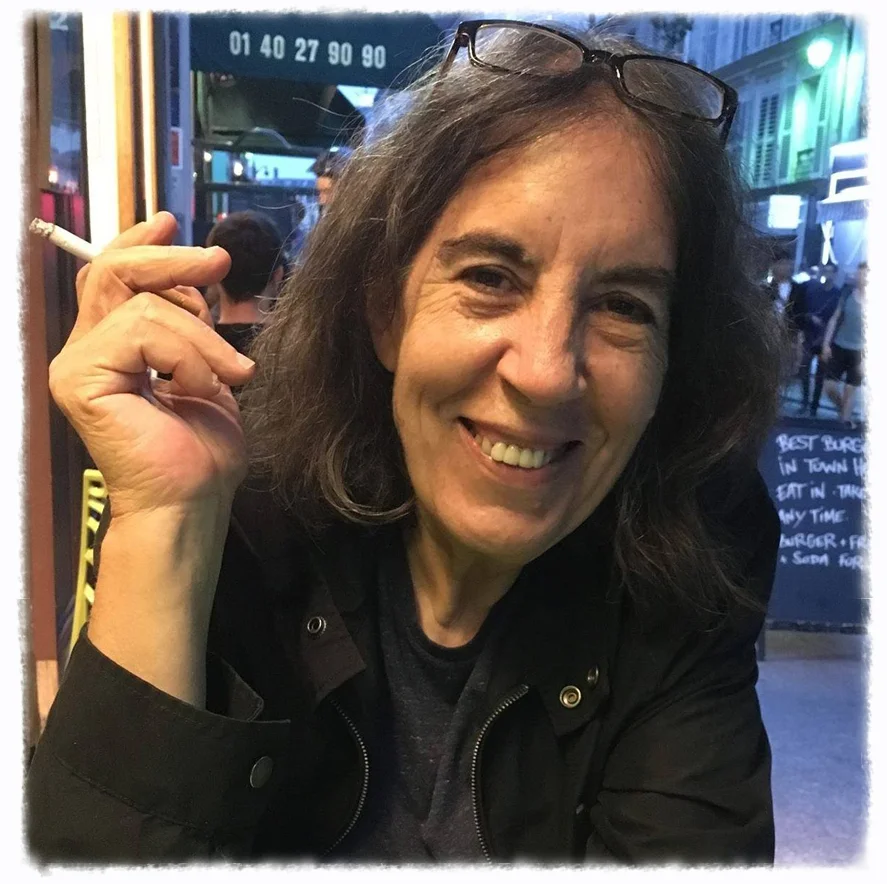If the Seasons are Broken —Rebecca Seiferle
These oak leaves are not golden, not red nor brown,
but some indeterminate blending to a singular hue.
More than several, more than a few, not too many,
not our palette of persistence, though too many
to be counted, still anchored to a lower branch,
having persisted (why do I say persist?) though winds,
tearing through the forest, have ripped branches
from the oak to which they are still attached.
No Yggdrasil, no axis mundi, rising out of
snow drops and blue bells and something
that looks like clumps of small onions,
and it’s not spring, or it’s spring too early,
the foxes already yipping in the night, the birds
singing of nests and hatchlings in the early light,
and the wind’s not the sound of the earth groaning
and not the sound of Hildegard’s greening,
and, though I try to read the signs to deeper
meaning, what’s here is what eludes
allusions and hones the heart to nowhere home,
to awaken a sad and floating human eye to the obvious
singularity of being a body, bodied in the world,
looking upon the oak leaves which are and are not
shaped by God, or, if not god, whatever is and makes
us whispers in the wind.
Dan Beachy-Quick
Simeon Berry
Lauren Camp
Danielle Beazer Dubrasky
Denise Duhamel
Robert Gibb
Michael Hettich
Dennis Hinrichsen
Richard Jones
Andrew Joron
Fady Joudah
Frannie Lindsay
Randall Mann
Philip Metres
Matthew Murrey
Robin Myers
Craig Santos Perez
Carl Phillips
Boyer Rickel
Zach Savich
Eloise Schultz
James Scruton
Maureen Seaton
Rebecca Seiferle
G.C. Waldrep
Andy Young

